Auto insurance is a type of financial protection that covers you and your vehicle in case of an accident or other unforeseen event. It can help you pay for medical expenses, property damage, legal fees, and other costs that may arise from a car crash or other incident.
What We'll Cover
- Spotlight on Excellence: Best Auto Insurance Companies for Collision Coverage
- Auto-Owners Insurance
- GEICO
- Westfield
- Travelers
- State Farm
- Progressive
- Nationwide
- Understanding Collision Insurance: What Does it Cover?
- Limitations of Collision Insurance: What it Doesn’t Cover
- Collision Insurance: An Optional but Important Feature
- The Collision-Comprehensive Insurance Bundle
- The Role of Deductibles in Collision Insurance
- The Importance of Collision Insurance in Protecting Your Vehicle
- Factors Impacting Collision Insurance Rates
- Is Collision Insurance Worth it? Making an Vehicle Valuation in Collision Insurance: Understanding ACV and RCV
- Conclusion
One of the most important features of auto insurance is collision coverage. Collision coverage is a type of coverage that helps cover the cost to repair or replace your vehicle if it’s damaged or destroyed by a collision, minus your deductible. Collision coverage protects you in the event of a collision with another vehicle or with buildings such as fences, trees, and mailboxes.
In this article, we will explain everything you need to know about collision insurance, including what it covers, what it doesn’t cover, how much it costs, and how to decide if you need it. We will also review some of the best auto insurance companies in the U.S. that offer collision insurance and other types of coverage.
Spotlight on Excellence: Best Auto Insurance Companies for Collision Coverage
Auto-Owners Insurance
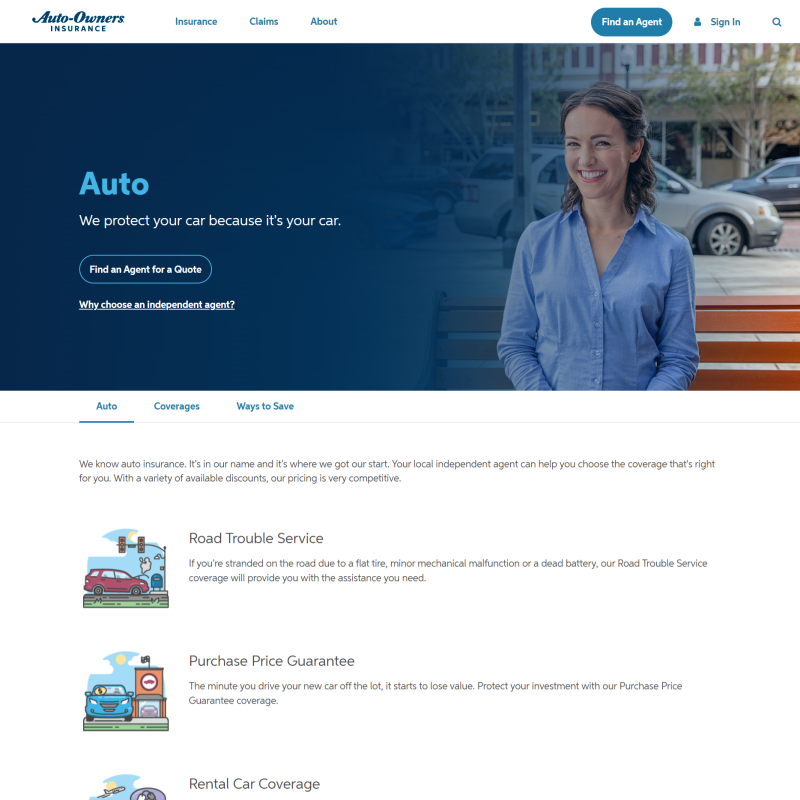
Auto-Owners Insurance stands out for its superior customer service and affordable rates. With some of the cheapest minimum coverage quotes in the market, it's a go-to choice for many budget-conscious drivers. However, it's worth noting that Auto-Owners operates only in 26 states and doesn't offer online quote comparisons. Despite this, the company's commitment to personalized service and its wide range of coverage options make it a strong contender in the auto insurance industry. A minimum coverage policy from Auto-Owners costs an average of $36 per month, making it 38% cheaper than the national average. Full coverage is also competitively priced at $120 per month on average.
GEICO
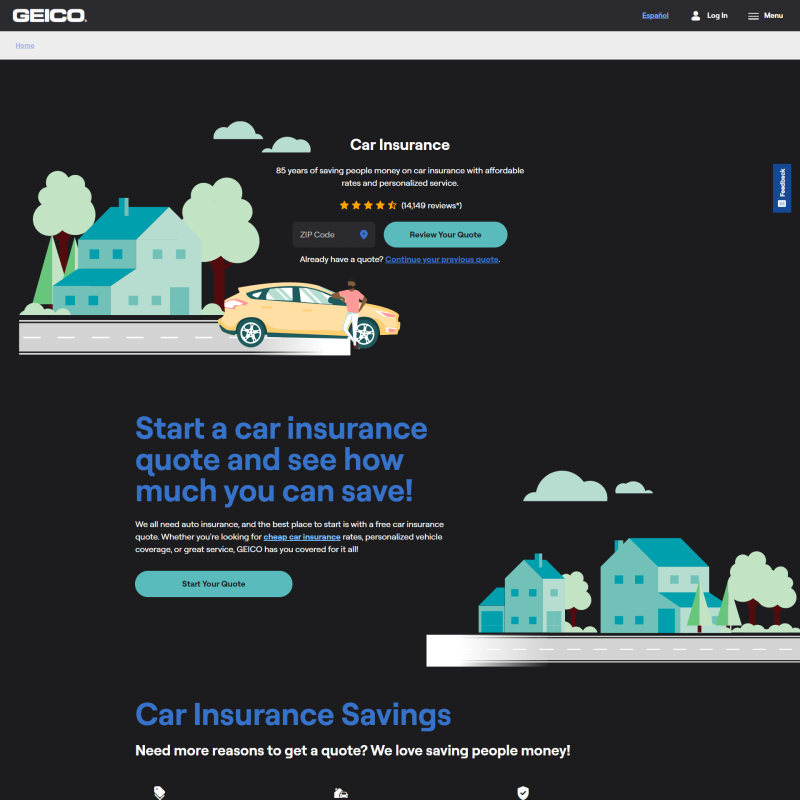
As one of the largest auto insurance companies in the country, GEICO is known for its comprehensive coverage and competitive rates. The company offers low rates for a variety of driver types, including those with poor credit. The average cost for good drivers is $1716 per year or $143 per month. Beyond its affordable rates, GEICO also offers a plethora of discounts that can further lower your premium. Whether you're a safe driver, a good student, or a military service member, there's likely a discount available for you.
Westfield
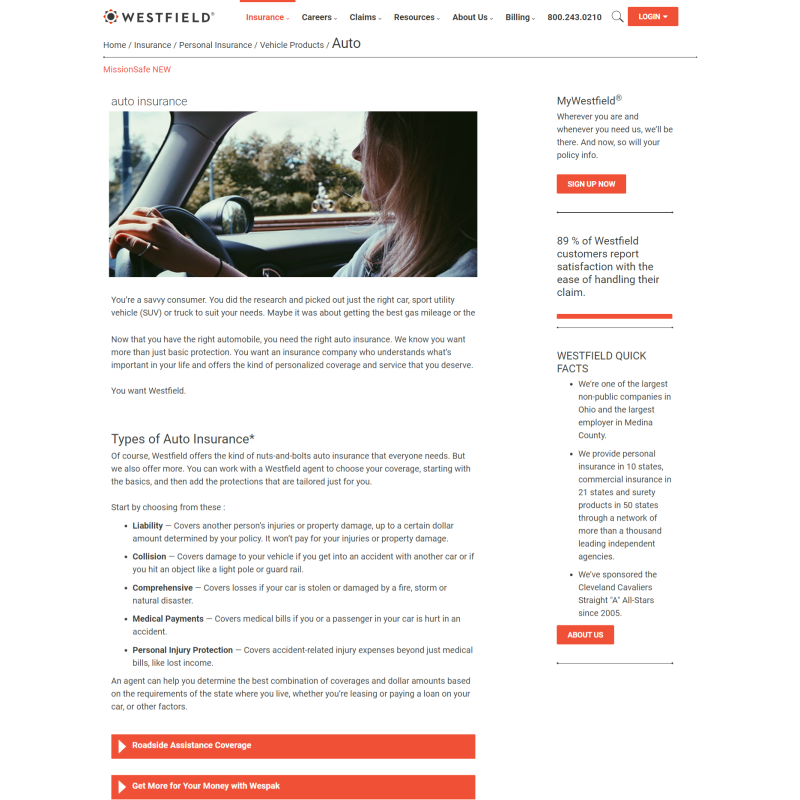
Westfield is a regional insurer that serves 10 states in the Midwest. It offers competitive rates, especially for drivers with a speeding ticket or those who have caused an accident. The average annual cost for good drivers is $1759 or $147 per month. Westfield's commitment to personalized service and community involvement sets it apart from many larger insurers. While it may not have the national reach of some competitors, Westfield's focus on its coverage areas allows it to offer tailored policies and exceptional service.
Travelers
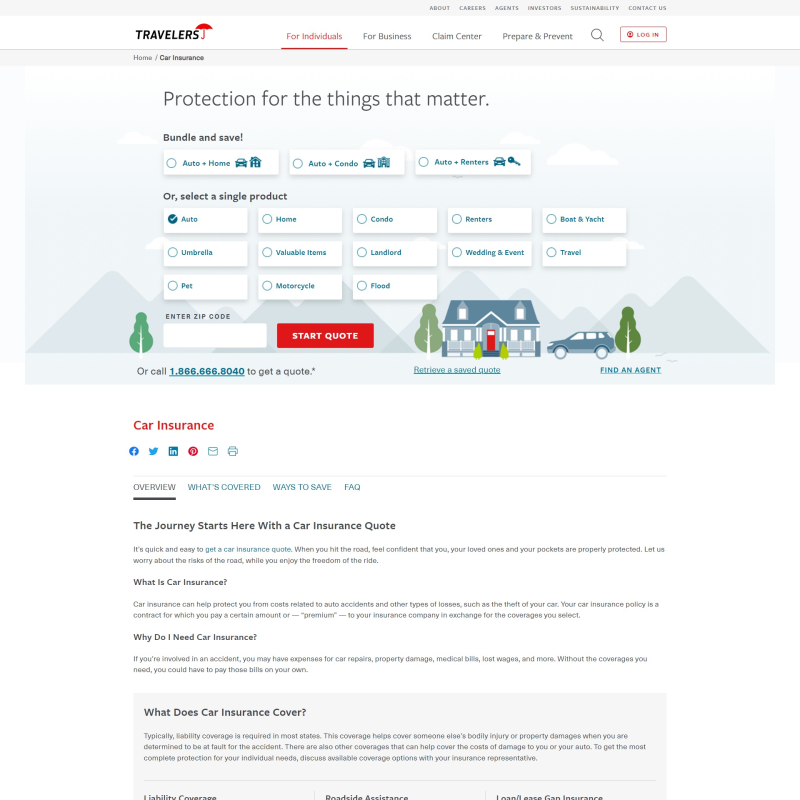
Travelers is a well-established insurance company known for its low complaint level and competitive rates. The average annual cost for good drivers is $1852 or $154 per month. Travelers also offers a variety of discounts that can help lower your premium. From multi-policy discounts to safe driver discounts, there are numerous ways to save. In addition to its competitive rates, Travelers also offers a range of coverage options and add-ons, allowing you to customize your policy to fit your needs.
State Farm
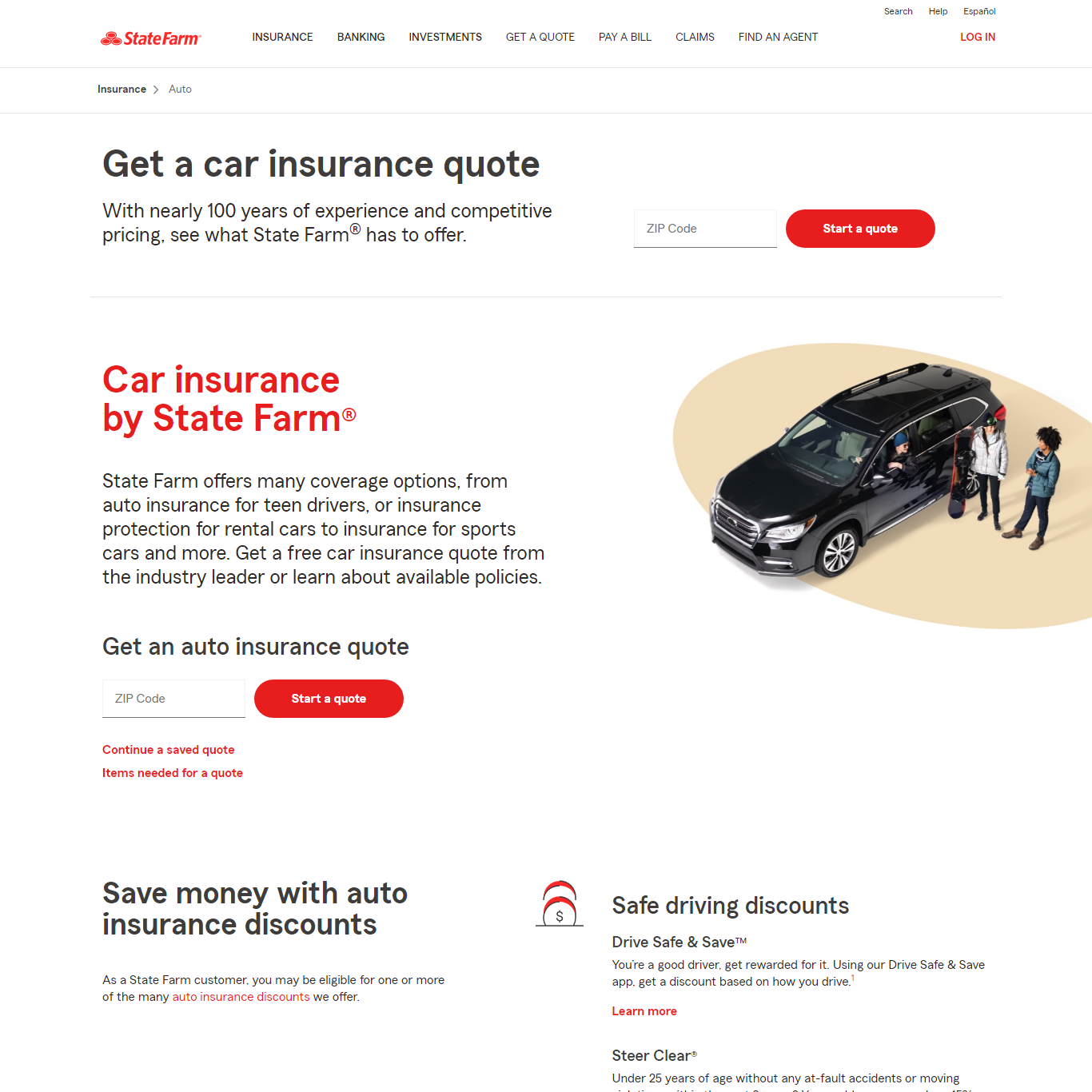
As the largest auto insurance company in the country, State Farm offers competitive rates across the board. The average annual cost for good drivers is $1412 or $118 per month. State Farm also offers programs like Drive Safe & Save, which rewards good driving habits with even more affordable quotes. With a vast network of agents and a user-friendly website and app, State Farm makes managing your auto insurance policy easy and convenient.
Progressive
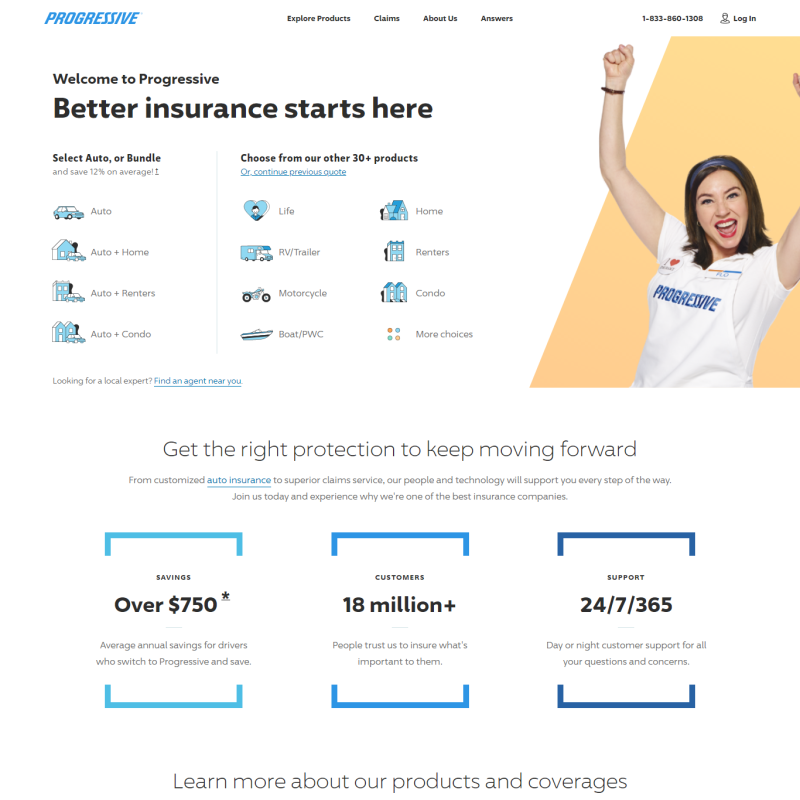
Progressive is a popular choice for many drivers due to its affordable rates and comprehensive coverage options. The company offers competitive rates, especially for drivers with a DUI or those who have caused an accident. The average annual cost for good drivers is $1563 or $130 per month. Progressive also offers numerous discounts and programs that can help lower your premium. From its Snapshot program, which personalizes your rate based on your driving habits, to discounts for bundling policies, Progressive offers numerous ways to save.
Nationwide
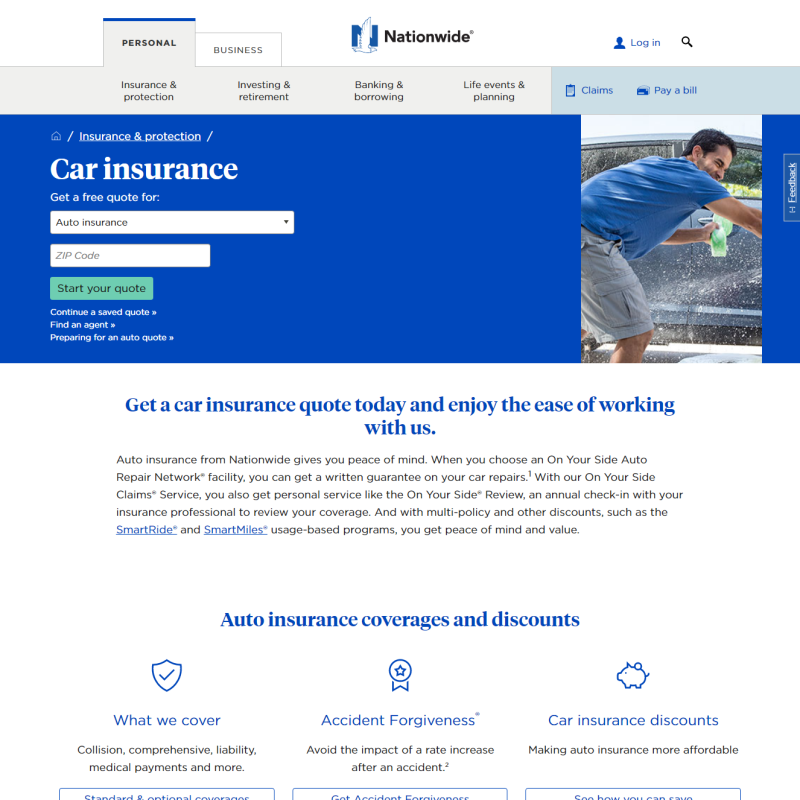
Nationwide is a well-known insurance provider that offers competitive rates and a wide range of coverage options. The average annual cost for good drivers is $1644 or $137 per month. Nationwide also offers a variety of discounts and programs that can help lower your premium. Whether you're a safe driver, a good student, or a member of certain organizations, you can likely find a discount that applies to you. In addition to its auto insurance policies, Nationwide also offers a range of other insurance products, making it a convenient one-stop-shop for many customers.
In terms of customer service, Nationwide is rated highly. Approximately 64% of survey respondents described themselves as completely satisfied with the ease of opening a policy with Nationwide. Furthermore, 56% of consumers surveyed said they are completely satisfied with how easy it is to contact Nationwide's customer service. When it comes to claims handling, Nationwide also performs well. Approximately 52% of survey respondents said they are completely satisfied with how easy it is to file a claim with Nationwide. About 51% of respondents said they were completely satisfied with how their claim was resolved. This high level of customer satisfaction contributes to Nationwide's strong customer loyalty, with many customers likely to renew their policies and recommend Nationwide to others.
Understanding Collision Insurance: What Does it Cover?
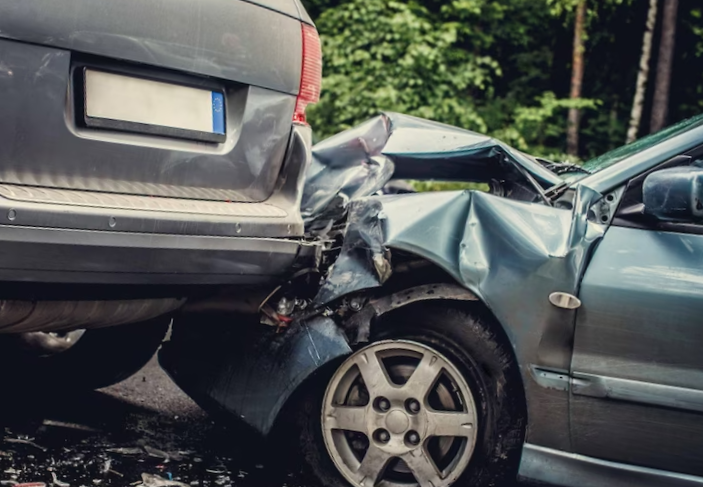
Collision insurance pays for automobile repairs if your vehicle is damaged in an accident or pays to replace your vehicle if it is wrecked in an accident, for example:
- A car crash with another vehicle
- A car crash with an object, such as a fence, pole or guardrail
- Another car crashes into your vehicle, such as a hit and run
- Your car rolls over
Collision insurance acts as a financial safeguard, preventing you from bearing the brunt of costly car repairs or replacements. More than just a monetary shield, it also accelerates your journey back onto the road after an accident.
The value of collision insurance becomes particularly evident when you own a newer or more expensive vehicle, as the costs to repair or replace can be significant. It further extends its protection to situations where you are at fault in an accident, or when the other driver is either uninsured or underinsured
Limitations of Collision Insurance: What it Doesn’t Cover

Collision insurance does not cover everything that can happen to your car. Some of the damages and scenarios that are not covered by collision insurance are:
- Damage to another person’s car
- Injuries
- Damage to your car related to weather, such as hail damage or flood damage
- Car theft
- Repairs to an object you crash into, such as a fence or pole
If you want coverage for these types of events, you will need to buy other types of auto insurance, such as:
- Liability insurance: This covers the damage and injuries you cause to others in an accident. It is required by law in most states.
- Medical payments or personal injury protection (PIP):This pays for your medical bills and missed earnings following an accident, regardless of who is at blame. Some states make it mandatory, while others make it voluntary.
- Comprehensive insurance: This covers damage to your car from events out of your control, such as fire, flood, hail, theft, and animal collisions. It is usually optional but may be required by your lender or leasing company if you have a loan or lease.
- Uninsured/underinsured motorist (UM/UIM) coverage: This covers your damage and injuries if the other driver is at fault but does not have enough or any insurance. It is required by law in some states and optional in others.
Collision Insurance: An Optional but Important Feature

Collision insurance is usually optional, meaning you will have to pay extra to add it to your auto insurance policy. However, there are some instances where collision insurance may be required:
- If you have a car loan or lease: Your lender or leasing company will most likely require you to have collision insurance (and comprehensive insurance) to protect their investment in your vehicle. If you don’t have collision insurance and your car is damaged or totaled in an accident, you will still have to pay off your loan or lease balance.
- If you rent a car: The rental company will usually offer you collision damage waiver (CDW) or loss damage waiver (LDW), which are similar to collision insurance but only apply to the rental car. You can decline this option if you already have collision insurance on your own policy. However, if you don’t have collision insurance and you damage the rental car, you will have to pay for the repairs or replacement.
Even if collision insurance is not required for your situation, it may still be a good idea to have it. Collision insurance can give you peace of mind and financial security in case of an accident. It can also save you money in the long run if your car is damaged or totaled.
The Collision-Comprehensive Insurance Bundle

Collision insurance is frequently bundled with comprehensive insurance. The latter provides coverage for damages to your car resulting from uncontrollable events such as fire, flood, hail, theft, and animal-related accidents.
While comprehensive insurance is typically optional unless you're under a loan or lease, it can be a worthwhile addition to your auto insurance policy. This is particularly true if you reside in an area prone to severe weather conditions, theft, or animal accidents.
Beyond just damage coverage, comprehensive insurance can assist in recovering your vehicle if it's stolen, or even cover the cost of a rental car while your own vehicle is being repaired.
Despite its extensive coverage, comprehensive insurance is usually less expensive than collision insurance. This is due to the lower risk of the aforementioned events compared to collisions. However, the cost can fluctuate based on factors such as the type of your vehicle, your location, and the amount of your deductible.
The Role of Deductibles in Collision Insurance

A deductible is the amount that you have to pay out of pocket before your collision insurance kicks in. For example, if you have a $500 deductible and your car repair bill is $2,000, you will have to pay $500 and your collision insurance will pay the remaining $1,500.
You can choose your deductible amount when you buy collision insurance. The higher the deductible, the lower the premium. The lower the deductible, the higher the premium.
The deductible amount should reflect your budget and your risk tolerance. If you can afford to pay more out of pocket in case of an accident, you may want to choose a higher deductible and save money on your premium. If you prefer to pay less out of pocket in case of an accident, you may want to choose a lower deductible and pay more for your premium.
However, you should not choose a deductible that is too high or too low for your situation. If your deductible is too high, you may not be able to afford to pay it in case of an accident. If your deductible is too low, you may end up paying more for your premium than what your car is worth.
A common rule of thumb is to choose a deductible that is equal to or less than 10% of your car’s value. For example, if your car is worth $10,000, you may want to choose a deductible of $1,000 or less.
The Importance of Collision Insurance in Protecting Your Vehicle

Collision insurance plays a crucial role in shielding your vehicle from the financial impact associated with physical damage. It can prevent you from having to shoulder the burden of potentially thousands of dollars in car repairs or replacement costs.
Moreover, collision insurance can expedite your return to the road following an accident. Without it, you might find yourself waiting for weeks or even months for the other driver's insurance company to process your claim and cover your damages. With collision insurance, you can promptly file a claim with your own insurance company and receive payment more quickly.
Collision insurance also offers protection in situations where you are at fault in an accident or when the other driver is uninsured or underinsured. If you're at fault, your liability insurance will only cover the damages and injuries inflicted on others, not those sustained by you or your vehicle. If the other driver lacks sufficient insurance, their coverage may not fully compensate your damages and injuries. In such instances, collision insurance can bridge the gap, covering the costs of your own vehicle's damage.
Factors Impacting Collision Insurance Rates
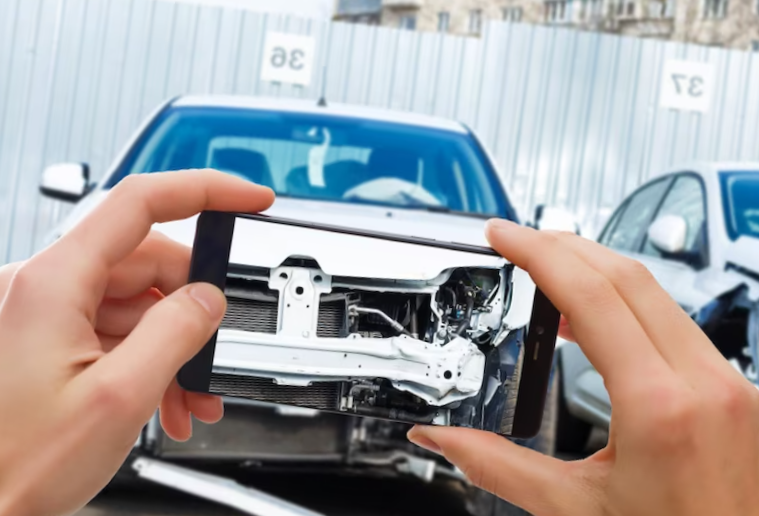
The cost of collision insurance varies depending on several factors, such as:
- Your vehicle type: The more expensive or newer your car is, the more it will cost to repair or replace it. Therefore, collision insurance will be more expensive for luxury cars, sports cars, SUVs, and trucks than for economy cars or older models.
- Your driving record: The more accidents or violations you have on your driving record, the higher your risk of filing a claim. Therefore, collision insurance will be more expensive for drivers with a history of accidents, speeding tickets, DUIs, or other infractions than for drivers with a clean record.
- Your location: The more traffic or crime in your area, the higher your risk of getting into an accident or having your car stolen. Therefore, collision insurance will be more expensive for drivers who live in urban areas, high-crime areas, or areas with harsh weather conditions than for drivers who live in rural areas or low-crime areas.
- Your credit score: The higher your credit score, the more responsible and trustworthy you are perceived by insurers. Therefore, collision insurance will be cheaper for drivers with good credit scores than for drivers with poor credit scores.
- Your deductible: The higher your deductible, the less money the insurer has to pay in case of a claim. Therefore, collision insurance will be cheaper for drivers who choose a higher deductible than for drivers who choose a lower deductible.
The average annual cost of collision insurance in the U.S. is about $342. However, this number may vary significantly depending on the factors mentioned above and other variables such as your age, gender, marital status, and mileage.
To get an accurate quote for collision insurance, you should compare rates from different insurers and customize your coverage options according to your needs and preferences.
Is Collision Insurance Worth it? Making an Vehicle Valuation in Collision Insurance: Understanding ACV and RCV

One of the most important aspects of collision insurance is how your vehicle is valued in case of a total loss. A total loss occurs when your car is damaged beyond repair or the cost of repair exceeds the value of the car.
There are two main methods of vehicle valuation used by insurers: actual cash value (ACV) and replacement cost value (RCV).
- Actual cash value (ACV) is the current market value of your car, minus depreciation and wear and tear. Depreciation is the loss of value due to age, mileage, and condition. Wear and tear is the damage caused by normal use, such as scratches, dents, and stains. ACV is the most common method of vehicle valuation used by insurers.
- Replacement cost value (RCV) is the amount it would cost to buy a new car of the same make, model, and features as your car. RCV does not factor in depreciation or wear and tear. RCV is a less common method of vehicle valuation used by insurers.
The difference between ACV and RCV can be significant, especially if you have a newer or more expensive car. For example, if your car is worth $20,000 when you buy it, but only $15,000 after a year of depreciation and wear and tear, the ACV of your car would be $15,000. However, the RCV of your car would still be $20,000.
If your car is totaled in an accident and you have collision insurance with ACV valuation, you would receive a check for $15,000 minus your deductible. If you have collision insurance with RCV valuation, you would receive a check for $20,000 minus your deductible.
Most collision insurance policies use ACV valuation by default. If you want to get RCV valuation for your car, you may need to buy additional coverage options such as gap insurance or new car replacement coverage.
- Gap insurance covers the difference between the ACV of your car and the amount you owe on your loan or lease. Gap insurance is useful if you have a loan or lease with a high interest rate, a long term, a low down payment, or a trade-in with negative equity. Gap insurance can help you avoid paying out of pocket for the remaining balance of your loan or lease if your car is totaled.
- The cost of purchasing a new automobile with the same make, model, and features as your totaled car is covered under new car replacement coverage. If you have a recent automobile that has not depreciated considerably or if you wish to avoid paying for depreciation, new car replacement coverage is beneficial. Replacement coverage for new cars might help you get back on the road with a new automobile without losing money.
Gap insurance and new car replacement coverage are usually optional and may not be available from all insurers. They also come with additional costs and eligibility requirements. For example, gap insurance may only be available if you have a loan or lease from an approved lender or leasing company. New car replacement coverage may only be available if your car is less than a certain age or mileage.
Conclusion
Though optional, collision insurance can be a financial lifesaver in the aftermath of an accident. It not only covers repair or replacement costs but also facilitates a quicker return to the road. Often paired with comprehensive insurance, it provides a broad coverage spectrum, including events beyond your control.
Your chosen deductible plays a significant role in determining your premium, with higher deductibles typically leading to lower premiums. However, your collision insurance rates are also influenced by factors such as your vehicle type, driving history, location, and credit score.
While the average annual cost of collision insurance in the U.S. hovers around $342, it's crucial to assess the value of your vehicle before opting for collision coverage. Tools like the 10% rule can guide you in this decision-making process.
Understanding how insurers evaluate claims is key. Many use the actual cash value (ACV) method, which factors in depreciation and wear and tear. For coverage that doesn't consider these elements, you might need to explore additional policies like gap insurance or new car replacement coverage.
Keep in mind that while collision insurance is important, it should be customized to suit your individual needs, preferences, and budget. Therefore, it's recommended to thoroughly compare quotes, analyze reviews, and consider top-rated auto insurance companies in the U.S. before making your final decision.
The responses below are not provided, commissioned, reviewed, approved, or otherwise endorsed by any financial entity or advertiser. It is not the advertiser’s responsibility to ensure all posts and/or questions are answered.








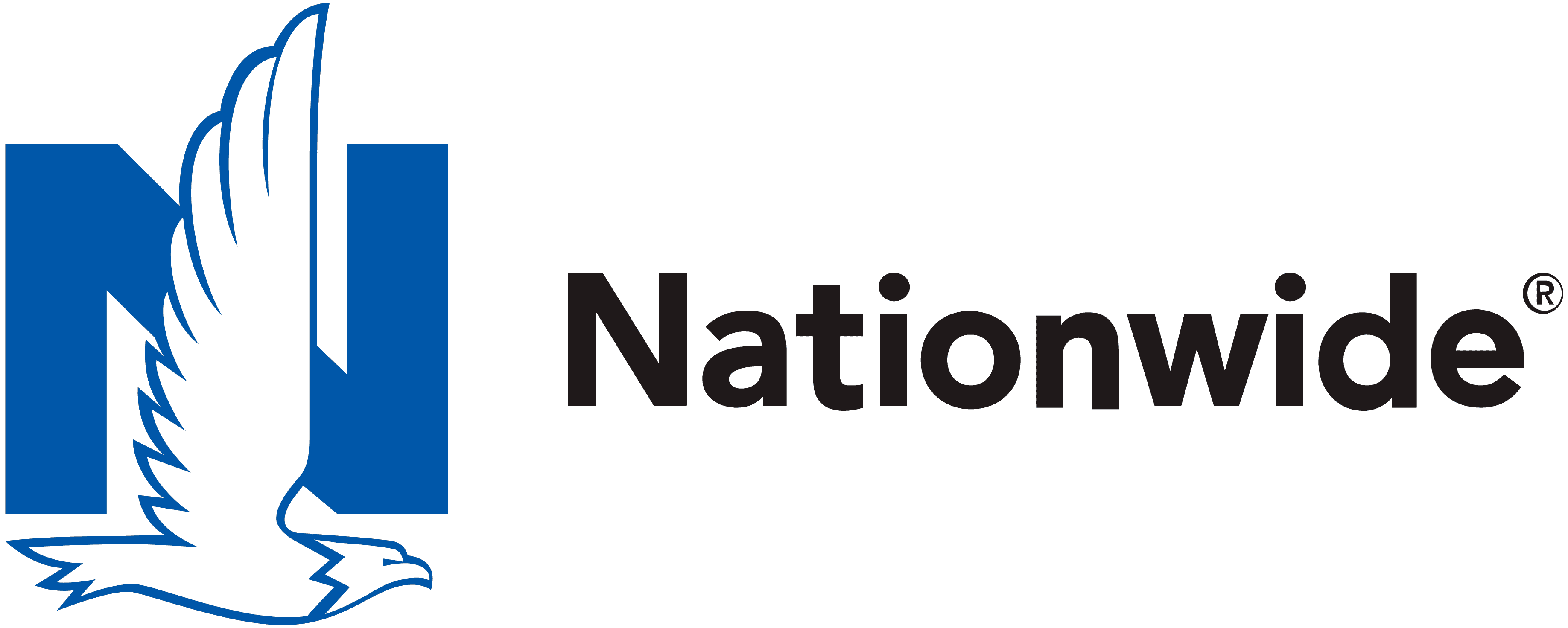

![Allstate Insurance [2023 Review]](/assets/images/c5cb2362877f284c0d4bbee9b16738a3.png)

